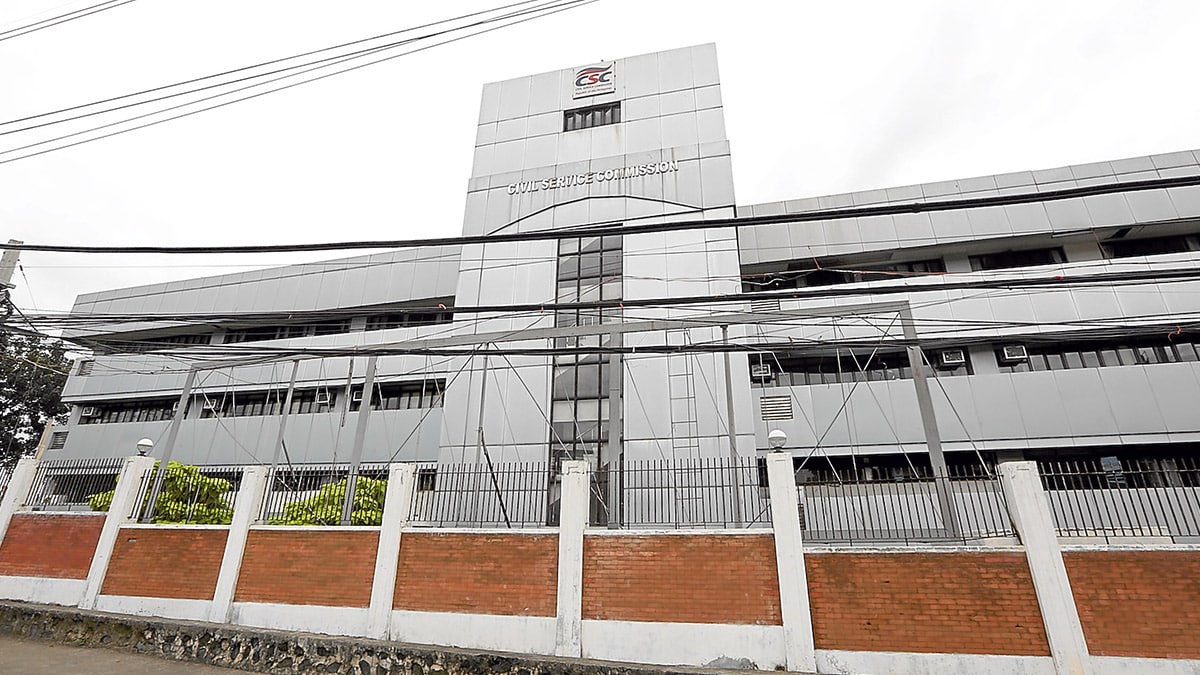
BEST PERFORMERS Metro Manila examinees accounted for the highest number of passers this year, the Civil Service Commission said. —Inquirer file photo
MANILA, Philippines — Only a little over 14 percent of those who took the civil service exams this year passed, making them eligible to work for the government, the Civil Service Commission (CSC) said on Tuesday.
Still, CSC acting chair Aileen Lizada noted that the passing rate for the Aug. 11 pen-and-paper test for civil service was higher when compared to the prepandemic period.
Out of the nearly 300,000 takers this year at the professional level, only 47,449 individuals, or 14.4 percent, made it. This was lower than the 18.7 percent passing rate recorded by the CSC out of 345,194 takers in 2023.
READ: CSC to launch digitized civil service exam before end of 2024
The passing rate in the subprofessional level, on the other hand, was at 14.2 percent, or 4,637 passers out of 32,707 examinees.
Examinees in Metro Manila accounted for the highest number of passers at 18.96 percent, followed by Central Luzon (18.7 percent) and Calabarzon (17.6 percent).
Citing CSC data, Lizada told the Inquirer the CSC’s passing rate before the global COVID-19 pandemic, specifically between 2008 and 2019, hovered at around 9 percent to 13 percent.
Lowest
The lowest in CSC history was the passing rate in 2021, when it slumped to 7.92 percent.
Those who passed the professional level exams are qualified to assume technical, scientific and managerial positions in government offices, provided they completed four years of tertiary education.
Subprofessional level passers, meanwhile, can apply or be appointed to clerical and custodial service posts and need not be a graduates of a four-year undergraduate course.
“Both professional and subprofessional eligibilities are appropriate [for] government positions that do not involve practice of profession and are not covered by other special laws,” the CSC said in a statement.
It added that besides passing the pen-and-paper test, applicants must also meet other conditions, such as education, experience, and training that certain government positions might require.